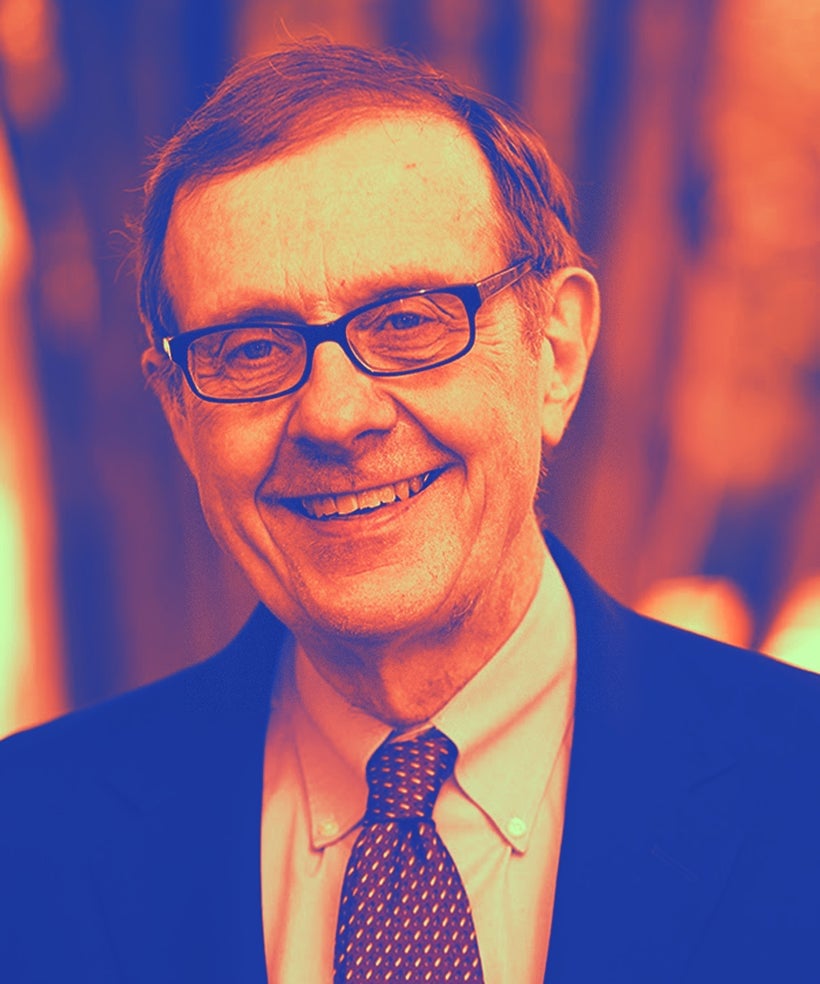William Frey says Gen Z will put more attention on racial injustice
It took a global pandemic and stay-at-home orders for 1.5 billion people worldwide, but something is finally occurring to us: The future we thought we expected may not be the one we get.


It took a global pandemic and stay-at-home orders for 1.5 billion people worldwide, but something is finally occurring to us: The future we thought we expected may not be the one we get.
We know that things will change; how they’ll change is a mystery. To envision a future altered by coronavirus, Quartz asked dozens of experts for their best predictions on how the world will be different in five years.
Below is an answer from William Frey, a demographer and sociologist focused on demographics within the US. He’s also a senior fellow in the Metropolitan Policy Program at the Brookings Institution, a public policy nonprofit. Frey is the author of five books, most recently of America’s Electoral Future: How Changing Demographics Could Impact Presidential Elections from 2016 to 2032, published in 2016.
I think there is going to be a significant political impact emanating from Covid-19, which will be energized by the nation’s young—millennials and Gen Z. They will feel especially shortchanged by the jobs and educational opportunities lost during the pandemic. At the same time, they will embody a renewed consciousness over racial injustices and inequalities spurred by the protests over the killing of George Floyd in Minneapolis.
As I make plain in my book Diversity Explosion, this is America’s most diverse century ever. Millennials and Gen Z are on the vanguard of it. Because the oldest millennial is age 39, a big part of this demographic transformation is happening now. In five years, nearly half our population under age 45 will identify with races other than white, and the racial disparities within these young generations will be laid bare by the pandemic.
The political clout these generations will generate should lead to more focused attention on racial justice and calls for greater government intervention toward reducing racial inequalities of all types. Unlike the protests and activism of the 1960s, which led to the groundbreaking Civil Rights legislation of that era, this movement will be occurring in the midst of a fundamental demographic transformation and, abetted by the pandemic, will dramatically alter our social and political landscape.
To read more New Normal answers, click here.